Top AI Legal Research Tools For 2025
December 6, 2024


The legal landscape is undergoing a significant transformation driven by the rapid advancement of artificial intelligence (AI). AI legal research tools revolutionize how legal professionals conduct research, analyze complex legal documents, and make informed decisions. By leveraging advanced technologies such as natural language processing (NLP) and machine learning, these tools can significantly enhance legal practice efficiency, accuracy, and productivity. This article delves into the world of AI legal research tools, exploring their benefits, limitations, and potential impact on the legal profession’s future. AI Tools for Cybersecurity can also protect sensitive legal data and prevent cyberattacks that could compromise client information and firm operations.
AI-powered legal research is the application of artificial intelligence technologies to assist legal professionals in their research and analysis tasks. By leveraging advanced algorithms and machine learning techniques, AI tools can significantly enhance legal research efficiency, accuracy, and depth.
Legal research has evolved significantly over the centuries. From traditional manual methods to the advent of online legal databases, the landscape of legal research has undergone a dramatic transformation. While these advancements have streamlined the process, they often need to provide more extensive and insightful analysis for complex legal matters.
AI-powered tools can automate repetitive tasks, such as document review and citation analysis, freeing up valuable time for legal professionals to focus on strategic thinking and client consultation.
AI algorithms can analyze vast amounts of data with precision, reducing the risk of human error and ensuring the reliability of research findings.
AI can uncover hidden patterns and correlations within legal data, enabling lawyers to gain deeper insights into complex legal issues and develop more effective strategies.
AI-powered tools can predict trends and outcomes based on historical data, helping lawyers anticipate potential risks and opportunities.
By automating tasks and streamlining workflows, AI can significantly reduce the costs associated with legal research.
NLP enables machines to understand and interpret human language. In legal research, NLP is used to:
Identify relevant facts, legal arguments, and citations from legal documents.
Categorize documents based on subject matter, case type, or other relevant criteria.
Condense lengthy legal documents into concise summaries.
Machine learning algorithms allow AI systems to learn from data and improve their performance over time. In legal research, machine learning is used to:
Develop models to predict case outcomes, identify potential legal issues, and analyze contracts.
Identify relevant documents and extract key information.
Enhance search results by understanding the context of queries.
Knowledge graphs are structured representations of information that connect entities and their relationships. In legal research, knowledge graphs can be used to:
Visualize the relationships between legal concepts, cases, and statutes.
Find relevant case law based on factual similarity.
Uncover unexpected relationships between legal concepts and entities.
AI-powered tools can analyze historical data to predict future outcomes, such as case outcomes or regulatory changes. This enables lawyers to make informed decisions and develop proactive strategies.
AI can automate the review of large volumes of legal documents, significantly reducing the time and cost of this task. AI-powered tools can identify key clauses, extract relevant information, and flag potential issues.
AI can track and analyze new case law as it is released, ensuring that legal professionals stay up-to-date with the latest legal developments. This helps lawyers identify relevant precedents and anticipate potential legal challenges.
AI-powered search tools can understand the context of queries and provide more accurate and relevant results. These tools can also identify relevant documents, even if they don’t contain exact keywords.
AI can analyze legal citations to identify trends, patterns, and influential cases. This can help lawyers build stronger legal arguments and identify potential weaknesses in opposing arguments.

AI-powered legal research platform that leverages natural language processing to help lawyers find relevant case law.
Custom pricing is available.

An AI-powered legal research tool that helps attorneys find relevant case law and legal materials quickly.
Starts at $65/month.

Comprehensive AI-powered legal research platform with access to case law, statutes, legal commentary, and more.
Custom pricing is available.

AI-driven legal research platform providing access to case law, legal news, and powerful analytics.
Custom pricing is available.

An AI-powered legal tool analyzes contracts and legal documents for readability and compliance.
Free plan; premium starts at $59/month.

AI-powered platform for data analytics and legal research, specializing in e-discovery and case management.
Custom pricing is available.
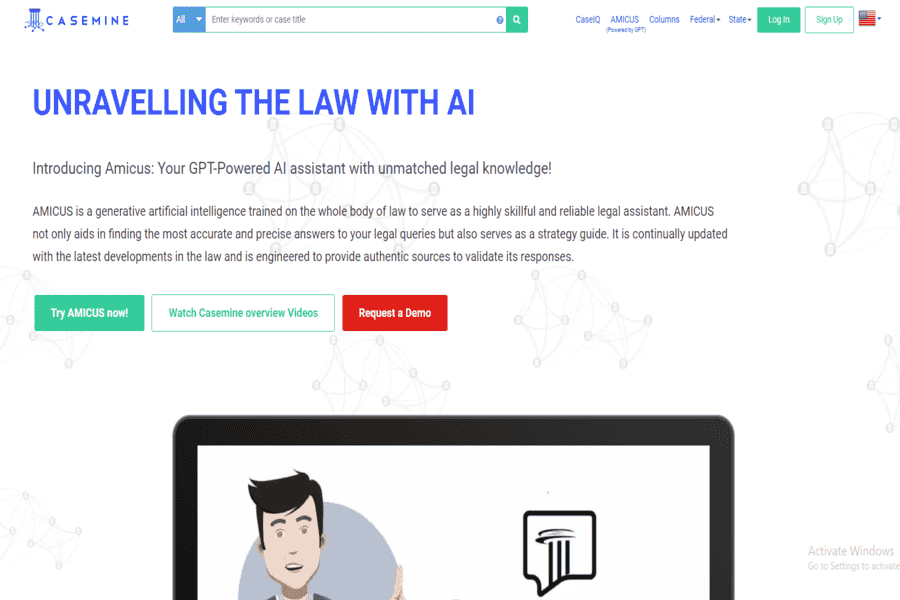
An AI-powered legal research tool that uses machine learning to assist lawyers in discovering relevant case law and insights.
Free plan; premium starts at $60/month.
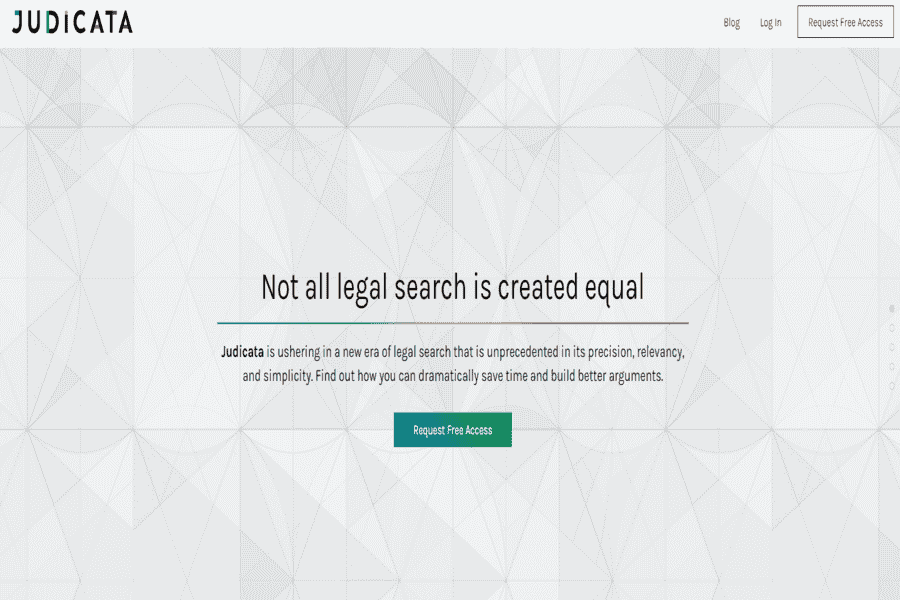
AI-driven platform for legal research and case prediction, offering automated insights and analysis of court decisions.
Custom pricing is available.
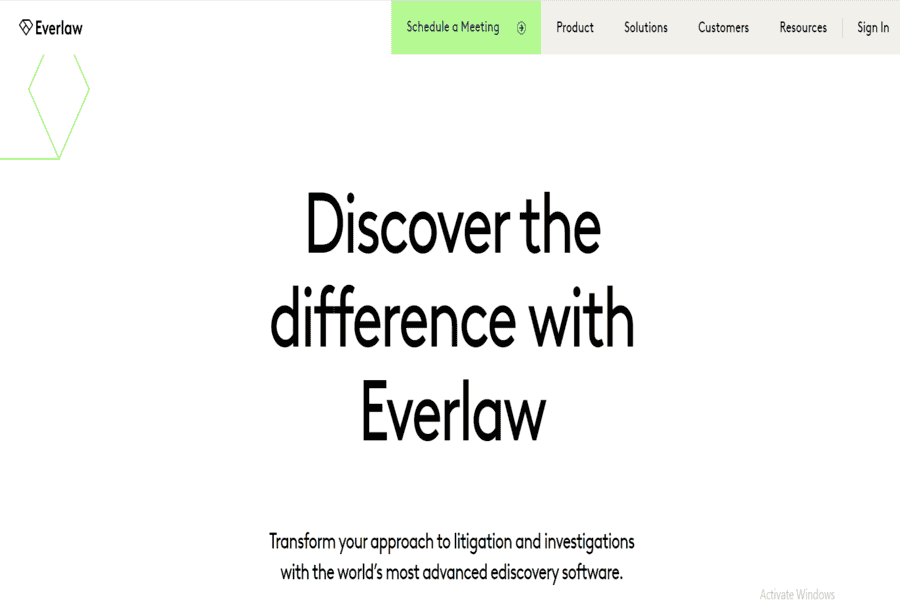
AI-powered legal research and e-discovery platform with advanced case management tools.
Custom pricing is available.

AI-driven contract review and legal research platform that automates contract review and identifies risks.
Custom pricing is available.

The AI-powered platform for legal document review, analysis, and legal research, using machine learning for smarter insights.
Custom pricing is available.

AI-powered contract review and legal research platform designed to streamline contract management.
Custom pricing is available.

AI-powered contract analysis tool that provides instant feedback on legal documents and contract terms.
Free plan; premium starts at $50/month.
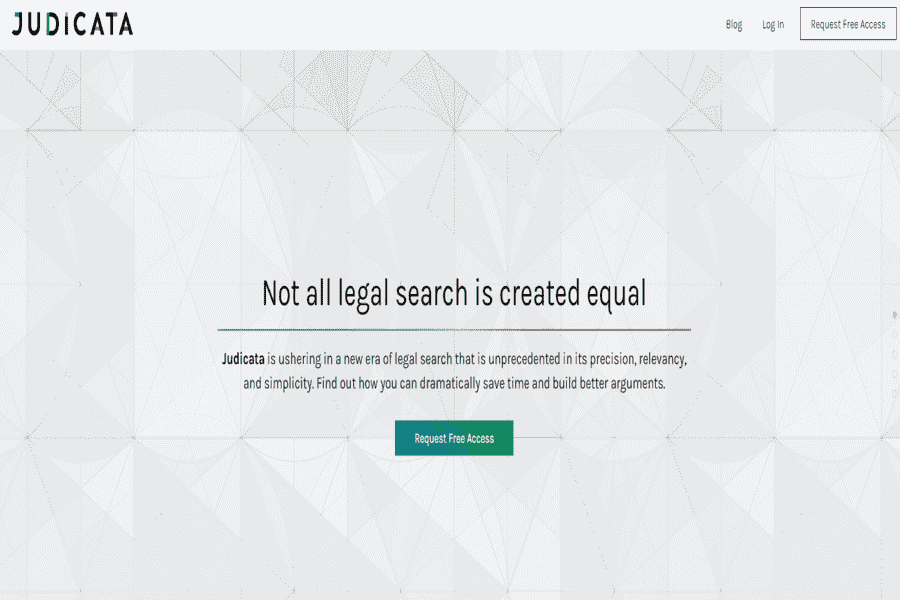
AI-driven platform for case law research and litigation analytics, helping attorneys gain deeper insights into case outcomes.
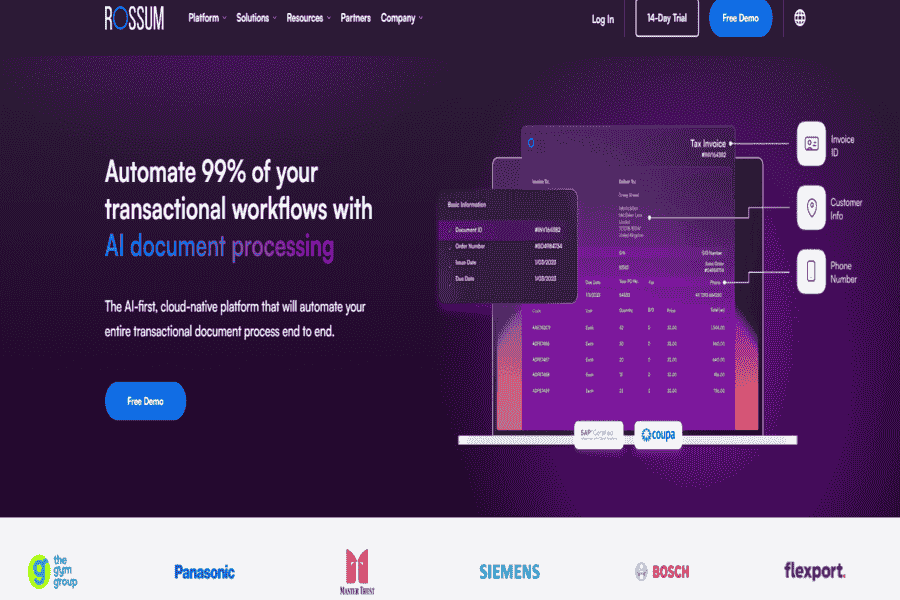
AI-powered tool for automating document processing, particularly helpful in reviewing legal contracts and invoices.
Custom pricing is available.
AI models are only as good as the data they are trained on. Low-quality or biased data can lead to inaccurate results.
AI-powered tools raise ethical concerns, such as privacy, bias, and the potential for job displacement.
AI-powered tools can be expensive, making them inaccessible to smaller law firms and individuals.
The landscape of AI in legal research is constantly evolving, with several emerging trends poised to revolutionize the industry:
While AI-powered tools are becoming increasingly sophisticated, they are intended to supplement lawyers. Instead, they are designed to augment their capabilities and improve their efficiency. Some potential impacts include:
AI can automate routine tasks like document review and legal research, freeing lawyers to focus on strategic thinking and client interaction.
By analyzing vast amounts of data, AI can provide valuable insights and help lawyers make informed decisions.
AI-powered tools can enable lawyers to provide their clients with more efficient and personalized services.
AI can create new opportunities for legal professionals, such as developing innovative legal services and products.
AI-powered legal research tools are rapidly reshaping the legal industry, offering numerous benefits such as increased efficiency, improved accuracy, and enhanced decision-making. By automating routine tasks and providing valuable insights, these tools empower legal professionals to focus on higher-value work and deliver superior client service. However, it is crucial to acknowledge AI’s challenges and ethical considerations, such as data privacy, bias, and job displacement. As AI technology evolves, legal professionals must embrace these tools while maintaining human judgment and ethical standards. By effectively harnessing the power of AI, the legal profession can adapt to the changing landscape and thrive in the digital age.
